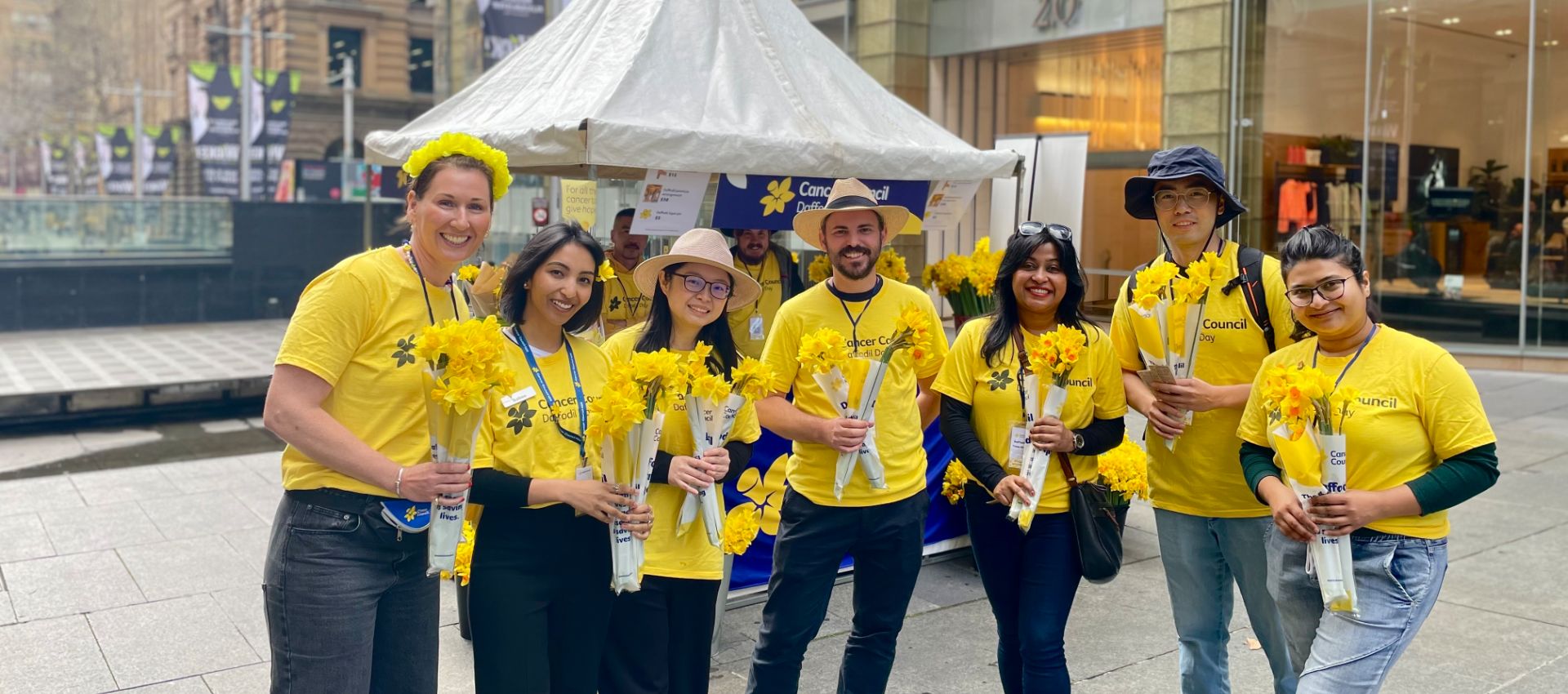The Global Arbovirus Initiative (GLAI) was launched last year in March to tackle emerging and re-emerging arboviruses with epidemic and pandemic potential. The initiative is a collaborative effort between the World Health Organization’s World Health Emergencies Programme, Department of Control of Neglected Tropical Diseases, and Immunization, Vaccines and Biologicals Department.
The Technical Advisory Group on Arbovirus (who.int) met for its first in-person meeting in Accra, Ghana on June 20-22, 2023.
The WHO Secretariat provided an update on its main activities relating to the implementation of GLAI, and the TAG members provided recommendations on the priority actions on arboviruses in coming years:
- The need for integrated data systems that are key to monitoring the transmission of known arboviruses, and early detection of the introduction of emerging arboviruses. The TAG highlighted the importance of:
- data sharing, collaboration and transparency
- the integration of epidemiological, laboratory, entomological, and environmental data that are pivotal to better understand the transmission dynamics of known arboviruses and to prepare for the emergence of arboviruses with epidemic and pandemic potential.
- The development of preemptive vector control surveillance and interventions for implementation during inter-epidemic periods in urban settings including:
- strengthening capacities in integrated vector surveillance and control
- building multisectoral collaborations for vector surveillance and control and
- integrating urban readiness for yellow fever vector control in susceptible urban centers.
- Although genomics plays an important role in arbovirus surveillance, it should not detract from basic diagnostic capacity building; access to genomics will however be pivotal to strengthen molecular diagnostic target matching and to determine genotype circulation associated with vector transmissibility and disease severity.
- The development of innovative platforms for partner engagement that seek to strengthen community engagement and resilience to arboviruses.
- The development of an inventory of partners working on arboviruses to expand partnerships for the next steps of GLAI’s implementation.
/Public Release. View in full here.






